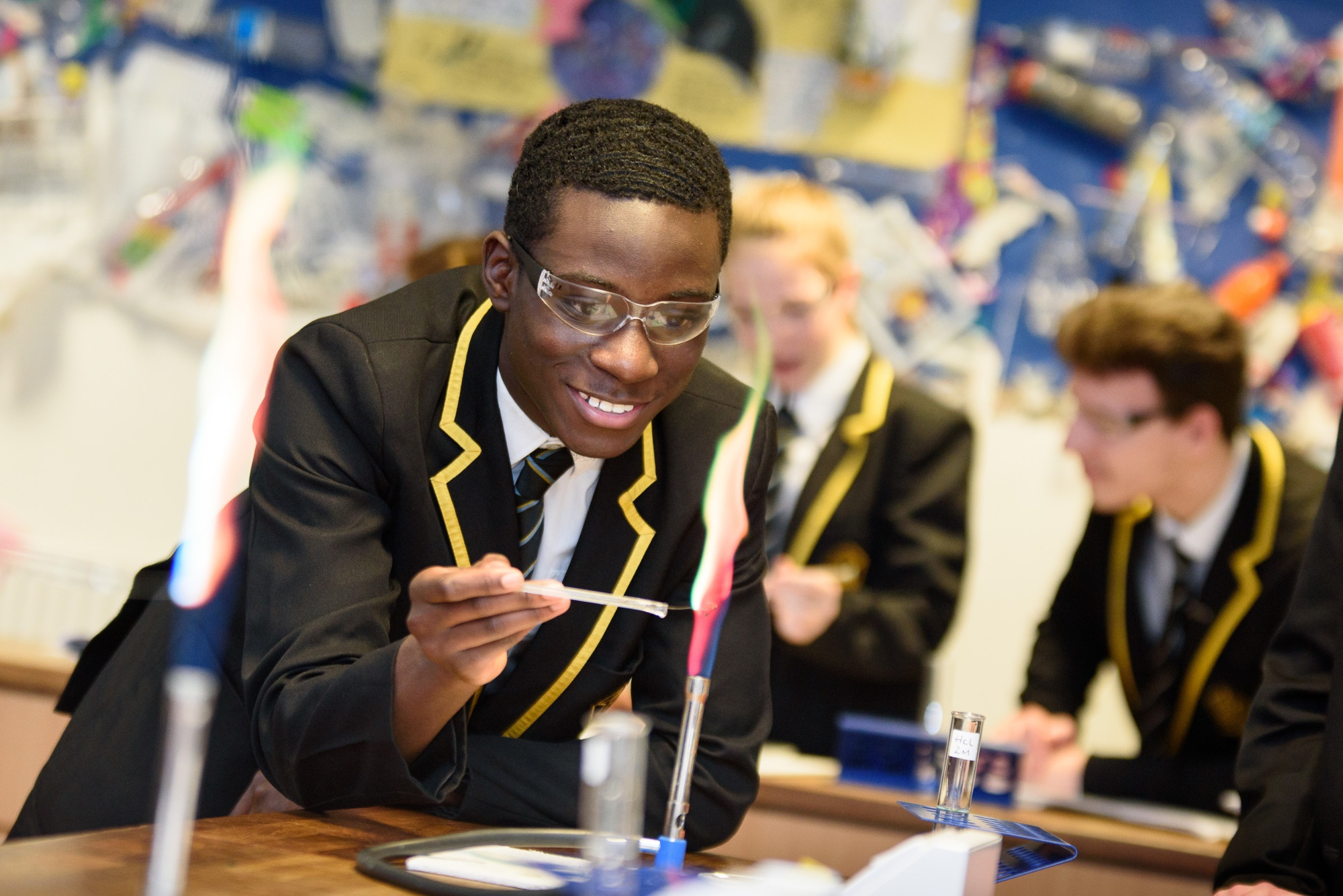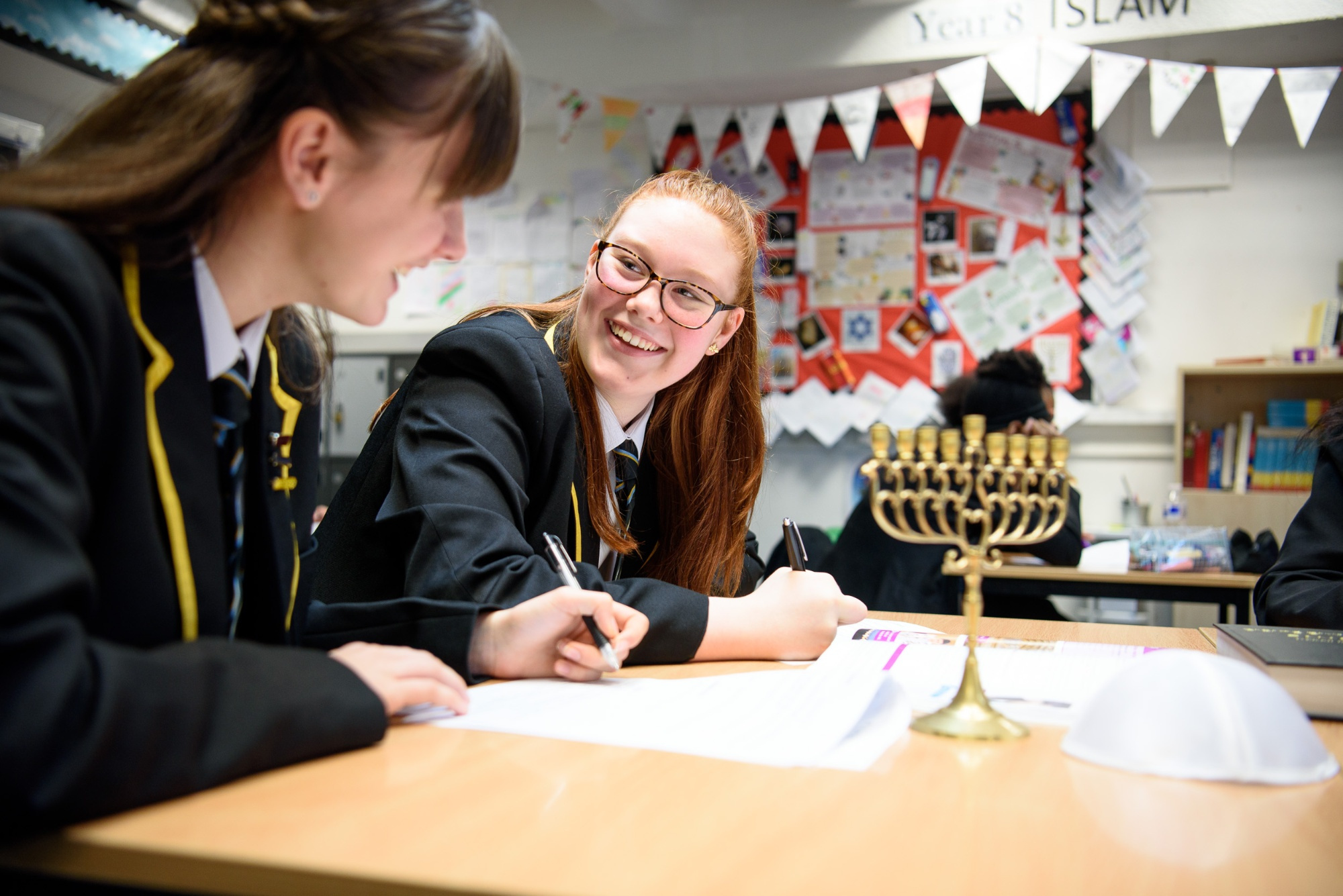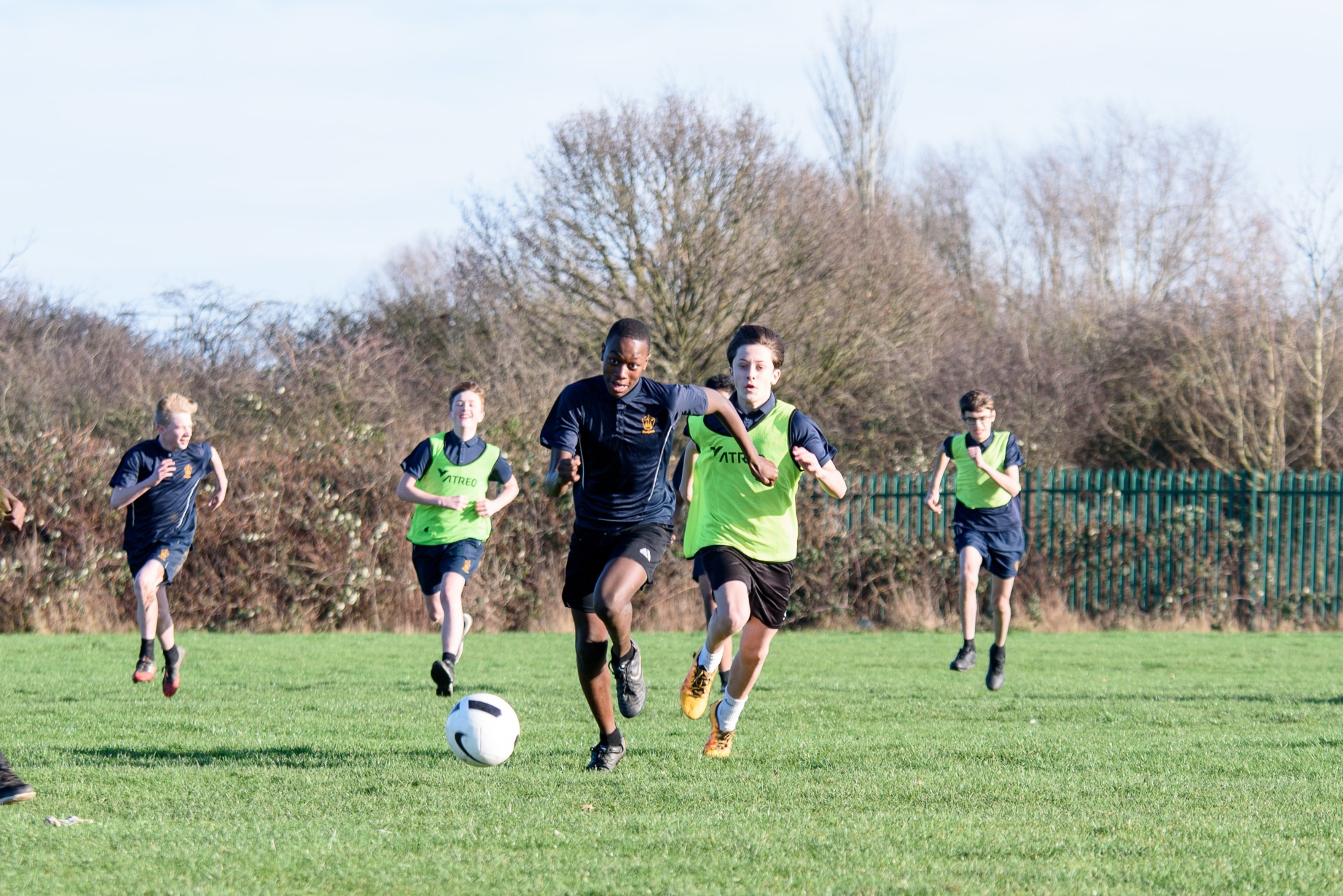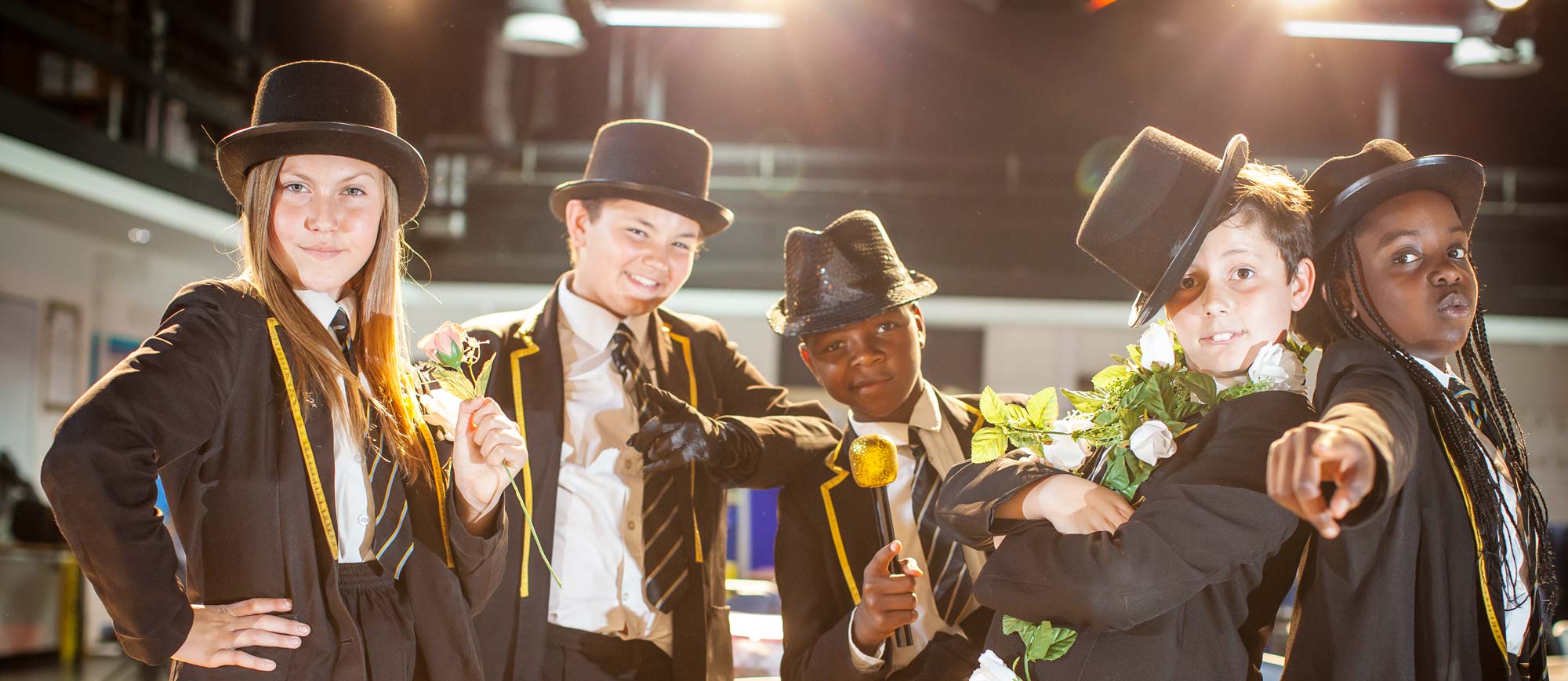Welcome to Science
Have you ever wondered…? Are clones really like they are in the movies? Can you get cancer from too many additives? How do we know black holes exist when they are completely black? What is the cleanest, greenest fuel for a car?
Science touches every part of our lives, whether we are looking at how your body works or what the fuels of the future will be. The way science is taught has changed over the years. The emphasis is now on “how Science works” – how does Science actually impact on our lives and encouraging students to think critically about information given to us. The De La Salle Science Department are all dedicated to not only delivering a rich and challenging curriculum but facilitating learners with skills to take with them through life, such as critical thinking, analytical skills, problem solving and the ability to question the world around them. Science as a whole is an incredibly successful department and our GCSE results are consistently high, year after year. This can be attributed to the consistently high standard of teaching from year 7 to year 11, with a broad and balanced curriculum and the numerous extra curricula activities that we offer such as science club, external visits, guest speakers and STEM opportunities for both staff and students. From Years 7 to 11 we know the importance of learning by doing in Science and know how much the students enjoy practical work.
Key Stage 3
At Key Stage 3 we teach Biology, Chemistry and Physics following the Edexcel/Pearson scheme of work. The content has changed to make learners see how the topics are relevant to their lives. We are a team of well qualified, enthusiastic and approachable teachers in Science. We hope we will be able to inspire some future scientists. The science curriculum is delivered in 6 lessons over a 2 week period.
Key Stage 4
GCSE Science: Edexcel (1SC0, 1BI0, 1CH0 & 1PH0)
GCSE combined Science and GCSE separate Sciences will provide students with an appreciation of the role Science plays in helping us to understand both the natural and the technological world in which we live.
Year 9 is a transition year when the students are taught the remaining curriculum from KS3 program of study but introducing some of the skills necessary to be successful at KS4. Students are taught 6 lessons a fortnight and it is during this year that they get the opportunity to choose the pathway to take in year 10. Students who are considering choosing A level sciences are strongly encouraged to follow the separate science pathway.
Students will be continually assessed throughout the course, with the final assessment being carried out externally at the end of Year 11. For both courses, there are 6 examinations in total, in Year 11, combined Science exams lasting 1hr10 minutes each and the separate Science exams lasting 1hr45 minutes in duration.
The examination content is divided up into 1) Biology, 2) Chemistry and 3) Physics. The practical aspect of the course is embedded into the 6 external exams and assesses the students on core practical skills carried out throughout the entire course.
Why is Science important?
Obviously, we would sincerely hope that students continued with Science education by pursuing ‘A’ level Sciences. This can lead to careers in numerous industries such as: medicine, dentistry, veterinary services, nursing, engineering, forensics, teaching and so many more. If students decided not to pursue Science any further, at least they have a solid understanding of how Science impacts our lives.




